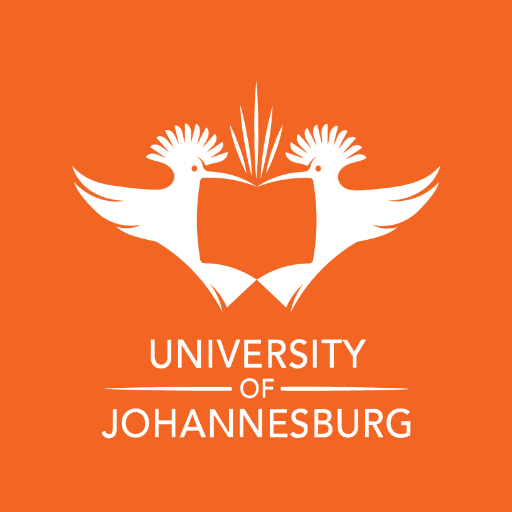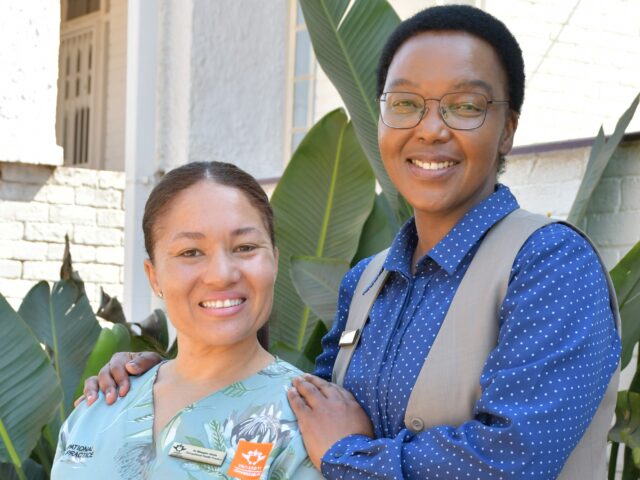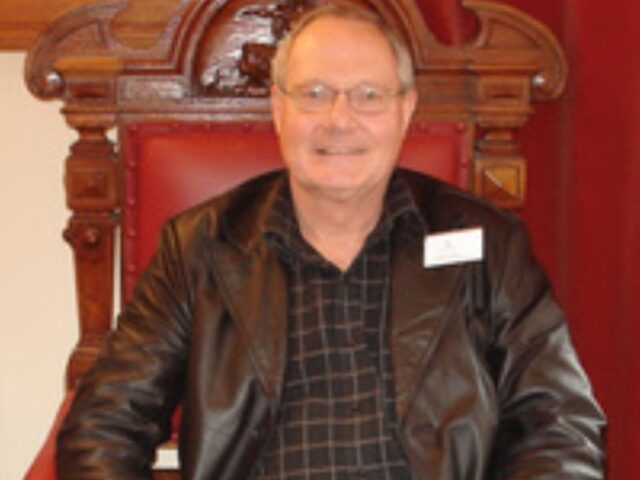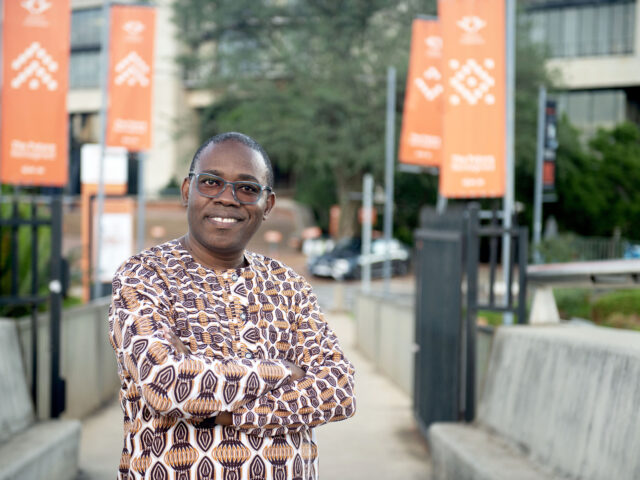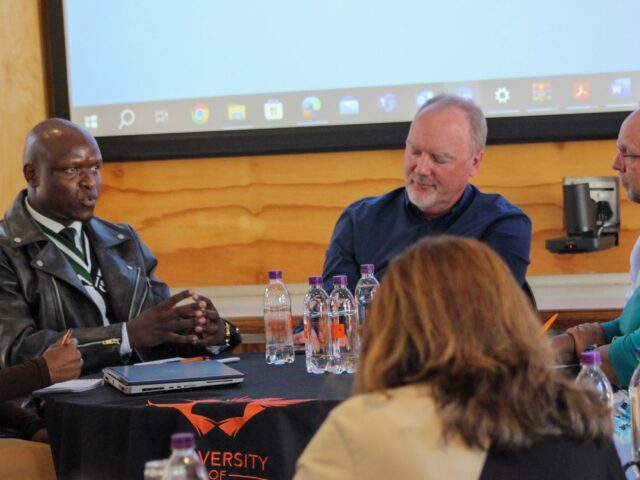Young people are ‘not a single story’ by Dominique Ralarala
Date: June 29, 2023 |
As we commemorate the 47th anniversary of the Soweto uprising, there is a remarkable consensus that South African youth do not exist in some abstract future, but exist in the present and possess a unique set of experiences, aspirations, and struggles. Young people remain disproportionately represented in the high levels of national unemployment. This is despite a substantial youth policy landscape (Graham & Mlatsheni, 2015) and labour market interventions (Kluve et al., 2019) targeted at improving young people’s life chances.
The Statistics South Africa Quarterly Labour Force Survey data shows that approximately 36.1% of young people aged 15-24 were unemployed, and not in any form of education or training in Q1 of 2023. The high number of youth who are not in employment, education or training (NEET) reflects the country’s inability to achieve the Sustainable Development Goals (SDGs) target 8.6, which aimed to reduce the number of NEET youth substantially by 2020 (Cieslik et al., 2021).
These figures are useful for quantifying the number of young people who are not engaged in labour market activities. But they don’t tell the stories of NEET youth. When we recognise the interconnectedness of the struggles faced by NEET youth, we also run the risk of viewing their lives as a “single story” and reducing it to a mere means of finding work. Primarily focusing on increasing the number of young people who participate in the labour market does not capture the full breadth of their struggles, efforts, hopes and desires. Although these young people show remarkable resilience in the face of adversity, their experiences reveal a deeper truth – poverty goes far beyond mere earnings. A human capability lens suggests that when we present poverty as multidimensional (Sen, 1999), we see that it involves more than just a lack of financial resources. This view recognises that poverty pervades several areas of young people’s lives, including education, health, social support, and opportunities for personal and professional development. Similarly, the challenges faced by NEET youth are not limited to employment alone.
But how can we begin to see and understand young people’s disengagement and begin to do so from where they are?
The Basic Package of Support, which is currently in its pilot phase in our Western Cape, Gauteng and KwaZulu Natal sites, does just that. It embodies human development principles, recognising NEET youth’s individuality and unique needs. Rather than viewing these young individuals solely through unemployment statistics, the programme takes into account their holistic development. It recognises that youth require support beyond employment opportunities to thrive. The BPS offers individual coaching sessions to NEET youth while also connecting them to services that they need.
The site team in Orange Farm, immersed in the daily realities of NEET youth, have gained invaluable insights into their experiences, challenges, and aspirations. With the spirit of youth month in mind, we asked the Orange Farm site team to share what they have learned about young people’s stories. Members shared that they have seen the importance of acknowledging the structural and systemic barriers that NEET youth face:
Working with young people made me realise the importance of bringing services closer to them and not only will these services be accessible, but they need to be functional. It is both exciting and challenging because I understand where they are, I imagine their pain and longing for change every day. (Orange Farm Site team member)
Some young people don’t have a cell phone, it’s very hard for them to apply for job opportunities, TVET Colleges and Universities. Some just come and apply for whatever they want and never come back. When this happens, know that I have to assist a young person with building confidence, commitment and also understand factors affecting their lives. (Orange Farm Site team member)
Other members believed that being young people themselves and living in Orange Farm helps them to deepen their understanding of NEET youth and their experiences:
As I am a youth living in Orange Farm too, I know the struggles and difficulties that we face. We encounter different challenges every day. So, for me, it’s important to work with youth trying to change their struggles because I see what they see and I feel what they feel.
Young people relate to me because of my age, they feel free communicating with me because they know I will understand them better, I won’t judge them, and I might be going through the same thing too as a young person myself. They also relate to me because I make them feel safe and heard when they come through the office.
These narratives highlight the profound impact of a programme like the BPS that goes beyond conventional approaches. The site team member’s voices echo the need for spaces that foster self-discovery, provide a sense of belonging, and prioritise trust through authentic connections. They understand that their work extends beyond job placements and encompasses fostering -belief, providing mentorship, and creating avenues for personal development.

